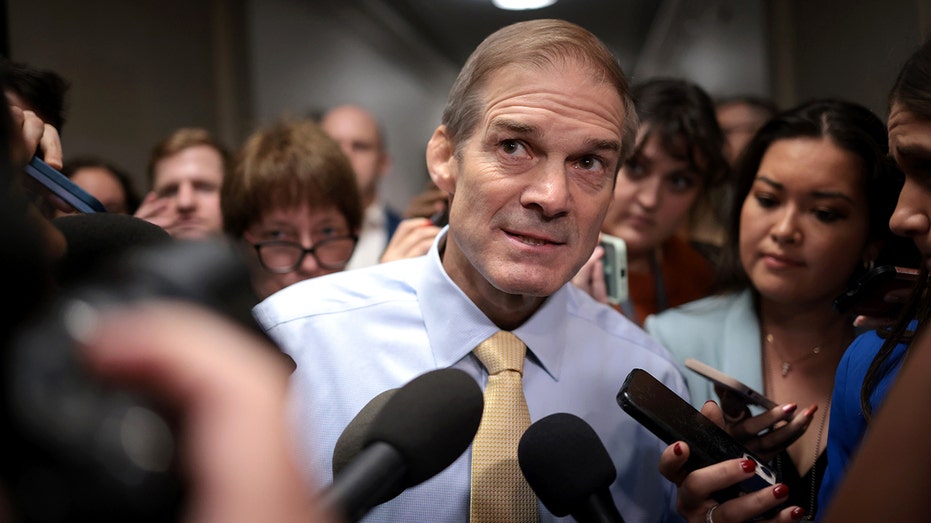Liz Truss sends cease and decease letter to Starmer over economy crash claims
Liz Truss has sent a cease and desist letter to Keir Starmer demanding he stops claiming she crashed the economy. Lawyers acting on behalf of the former Prime Minister wrote that the statement is “false and defamatory”, in a letter to Starmer in which they threatened to pursue legal action if he keeps making the [...]


Liz Truss has sent a cease and desist letter to Keir Starmer demanding he stops claiming she crashed the economy.
Lawyers acting on behalf of the former Prime Minister wrote that the statement is “false and defamatory”, in a letter to Starmer in which they threatened to pursue legal action if he keeps making the claim publicly.
Truss’s argument centres around the way to which the current Prime Minister – and the wider Labour Party – refer to the former Norfolk MP’s fateful mini-Budget, which sparked a brutal reaction from financial markets.
Gilt yields – the interest the UK government pays on its borrowing – jumped nearly three per cent in just a few weeks, as investors questioned the Truss administration’s fiscal credibility. The pound also collapsed to a 37-year low against the dollar.
The fiscal statement was one of the most radical in modern times, promising sweeping tax cuts – including an unexpected move to abolish the top rate of income tax – while at the same time freezing household energy bills in a move that cost the Exchequer £150bn.
The episode sealed the fate of Truss’ tenure, and she was deposed as Prime Minister by her own party after just 48 days in office.
The core position outlined in Truss’ letter – first reported by The Telegraph – is that the financial turmoil in the wake of Truss and then-Chancellor Kwasi Kwarteng’s mini-Budget was the result of the liability-driven investment (LDI) crisis as opposed to her Budget.
The crisis was triggered by a product used by pension funds to leverage their investments in gilts, leaving them very sensitive to sharp movements in yields.
The response to the mini-Budget in gilt prices meant many pension funds were forced to sell their holdings into an already plummeting market, which many argue further aggravated the turmoil and forced the Bank of England to intervene.
“Those rate movements were caused by the Bank of England, and in particular by its poor handling of the LDI crisis, and its regulatory failures,” lawyers acting on Truss’s behalf wrote.
Truss’ letter also argues that while gilt and currency markets reacted one way to the financial statement, output in the real economy actually grew in the aftermath of the Budget. “GDP growth was its fastest for some considerable time in the month and quarter following the mini-Budget,” it said.
Asked to respond to the contents of the letter, the Prime Minister’s spokesperson said: “I don’t think the Prime Minister is the only person in the country who shares the view in relation to the previous government’s handling of the economy.
“I guess the question is whether she will be writing to millions of people up and down the country as well, who felt her economic record which pushed their mortgage bills up.”



